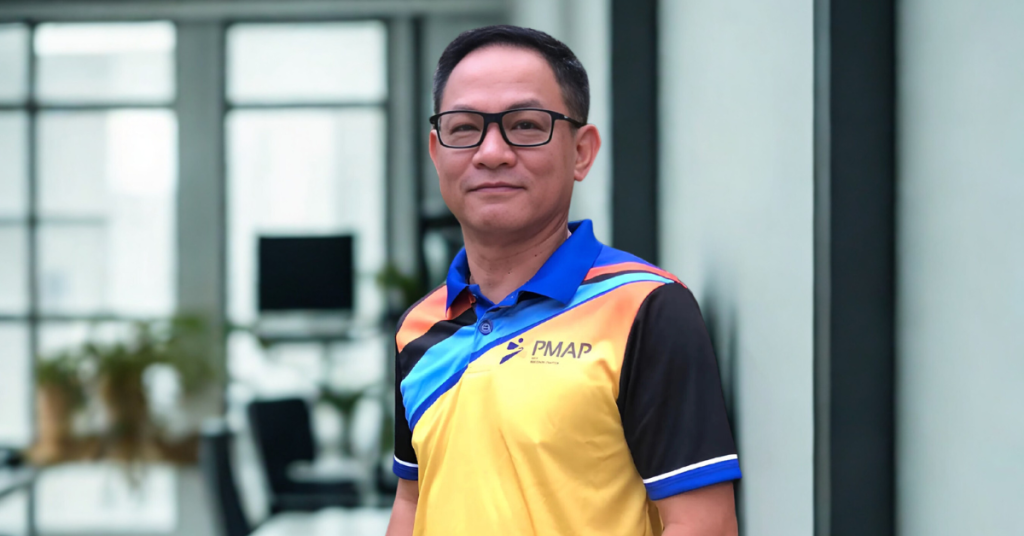As the workplace undergoes massive transformation, forward-thinking HR leaders are no longer just managing talent—they’re helping shape the future of work itself. For Arnold Dela Cruz, a Certified Human Resource Professional (CHRP) with nearly two decades of international experience, staying ahead means embracing change while putting people first.
“As a forward-thinking HR leader, I embrace these changes as opportunities to innovate and elevate the profession,” Arnold told Financial Adviser PH. “The shift toward hybrid work models and the increasing focus on mental health and employee well-being are reshaping the way we think about the future of work.”
Arnold’s career spans 17 years in various HR roles abroad—from Training Coordinator to HR Business Partner—within multinational firms in the oil, gas, and construction sectors. He is known not only for his strategic acumen but also for his deep commitment to people-first leadership.
But navigating the future of HR, he says, is not without its challenges—especially with the rise of AI and digital transformation.
“I find the integration of AI and digital transformation in HR both exciting and challenging,” Arnold shared. “The ability to leverage data for strategic decisions is incredibly powerful, but it also requires upskilling HR teams and addressing ethical concerns such as data privacy and fairness.”
Arnold believes that while automation can streamline processes and uncover valuable workforce insights, it must never come at the cost of empathy or trust. “We need to ensure that as we adopt new technologies, we’re not losing the human aspect of HR,” he emphasized.
In his current leadership role, Arnold drives key HR functions including strategic planning, employee engagement, and learning and development. He also advocates for digital innovation and the use of people analytics to improve decision-making and culture-building efforts.
“I adopt an empathetic, inclusive, and data-informed approach,” he said. “I listen actively, respect diverse perspectives, and make decisions grounded in both human connection and analytics.”
Amid these technological shifts, mental health and well-being have emerged as core priorities. For Arnold, addressing them goes beyond offering wellness webinars—it’s about designing workplaces that truly support balance, belonging, and psychological safety.
“Creating safe spaces where employees feel heard, valued, and empowered has always been a top priority in my leadership style,” he said. “HR has a major role to play in making well-being a part of company culture—not just a campaign.”
Arnold’s return to the Philippines marked a new chapter in his journey. Having earned global recognition through years of practice, he pursued the CHRP certification to align his international experience with Philippine standards.
“Pursuing CHRP was a strategic decision for me,” he explained. “I wanted to validate my expertise and position myself as a strategic HR leader in the Philippines. Earning the certification was a way to demonstrate my commitment to professional excellence and strengthen my local credibility.”
As the future of HR becomes more tech-driven and employee-focused, Arnold believes the profession must continuously evolve—but without forgetting its roots.
“The most fulfilling part of being an HR professional is knowing that the work I do directly impacts people’s lives and the success of the organization,” he reflected. “Whether it’s helping someone find clarity in their career path or supporting a major organizational change, I find great meaning in being a bridge between people and purpose.”
For young HR professionals and business leaders alike, Arnold offers this advice: “Stay curious, stay grounded in people, and don’t be afraid to embrace change. The future of HR isn’t just about what’s new—it’s about what truly matters.”
![]()



